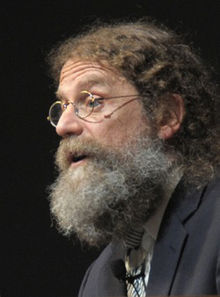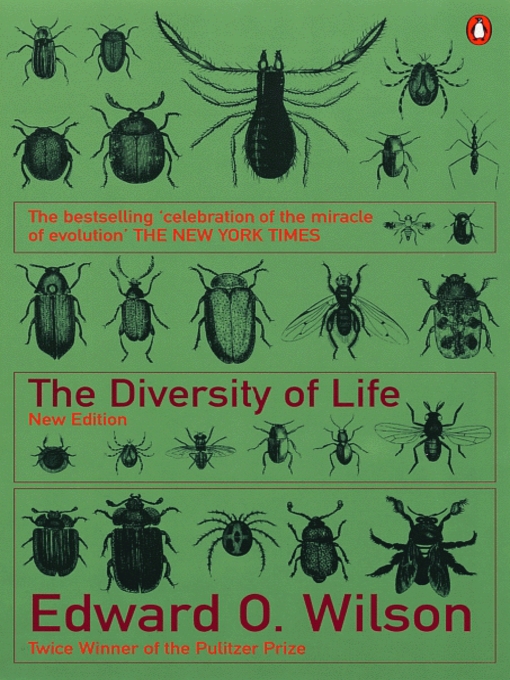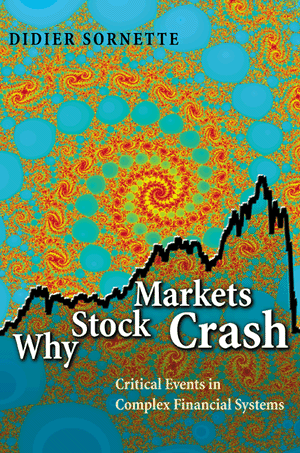Category: complexity theory (Page 6 of 8)

This post is a sequel to a previous story.
Warren, Ben, David, and Taylor meet again. This time they are violently coughing.
Ben: Why is the air is so dirty?
Taylor: Yes, I can hardly see more than a mile through the pollution.
David: It’s sad that we have done this to our once beautiful city. Will we ever be able to clean the air?
Ben: Not sure, perhaps Warren has another great idea?
Warren: I have an idea, but I am not sure if it will work. More of hypothesis really…
David: Any idea is a good idea in these depressing times.
Taylor: Please tell us your idea Warren.
Warren: Well, it’s similar to that idea I had along time ago about pieces of the paper.
Ben: Yes! How could we forget, that idea made us very rich!
David: Make pieces of paper to clean air?
Taylor: I don’t see the point yet, but please continue.
Warren: Just think of these figures — the average human lives 67 years; this person will inhale about 11,000 to 14,000 liters of air each day; thus, in a life-time a person will inhale about 6.5 billion liters of air.
David: Wow! that seems like an enormous quantity of air.
Warren: It’s about the volume of 2,600 Olympic-size swimming pools.
Taylor: Remarkable when you put it into perspective.
Ben: What do these figures mean?
Warren: Ah, well they provide an upper estimate on the volume of air a person needs to live for a life-time. Now, we can place a value on clean-air.
Ben: With pieces of paper?
Warren: Yes, exactly.
David: Each piece of paper could be worth a life-time of clean air?
Taylor: Interesting…
Warren: Sounds like a good idea, right?
Ben: I think so, but there are some issues with this idea.
Warren: Please explain.
Ben: Well, what if a person does not own one of these pieces of paper? Do they not get to breathe? It does not seem possible to force people to buy these papers.
Warren: I would never allow that to happen! Rather, these pieces of paper are only theoretical rights to clean air. Much like the idea of paper representing the value of a company. The paper only obtains value through trading in a market.
David: I see! Through the complex interaction of market agents we will be able to establish the value of clean air.
Taylor: Not to mention the money we will intially raise by selling these pieces of paper.
Ben: Just like Warren’s other idea!
David: Ironically, people would expect the value to increase as pollution gets worse.
Warren: And, as the value increases, a larger amount of money can be raised by additional issuance of these papers. With this money we could develop sophisticated clean air technologies.
David: If the technologies work then the value of the papers should decrease.
Warren: True.
Ben: I like the idea. But I feel it would not work. An international organization would have to be responsible for issuing these pieces of paper; the organization’s sole purpose would be to clean and reduce pollution. And, as we know from history, corruption is always a problem.
Taylor: I agree. If the people running the organization don’t spend the money properly, the whole idea will crumble.
Warren: Well, like I said before, I am not sure if the idea will work.
David: I think it’s at least worth a try.
Ben: Agreed!
Taylor: So… how do we get this idea off the ground?
Exploring Complexity is a good blog on the science of complexity by Melanie Mitchell.

Edward O. Wilson does a great job exploring the wonderful diversity on Earth in his book The Diversity of Life. If Earth’s biosphere is to continue supporting the conditions for life, then diversity must be conserved and protected. Diversity provides the necessary adaptive power to withstand natural disasters. Wilson writes many great books and this is one of them.

Why Stock Markets Crash by Didier Sornette could be one of the most creative and unique scientific approaches to understanding the stock market I have read. The approach lies in complexity theory and involves identifying properties of critical self-organizing systems. I highly recommend this book for any reader interested in complexity theory, self-organization, and financial markets.





